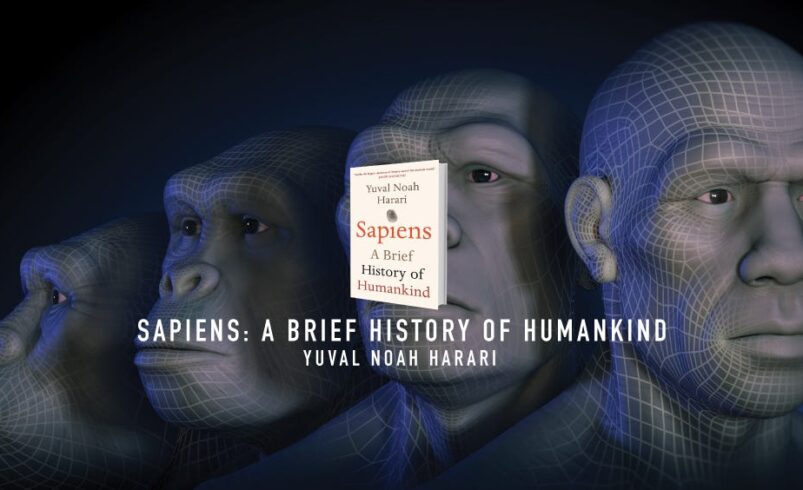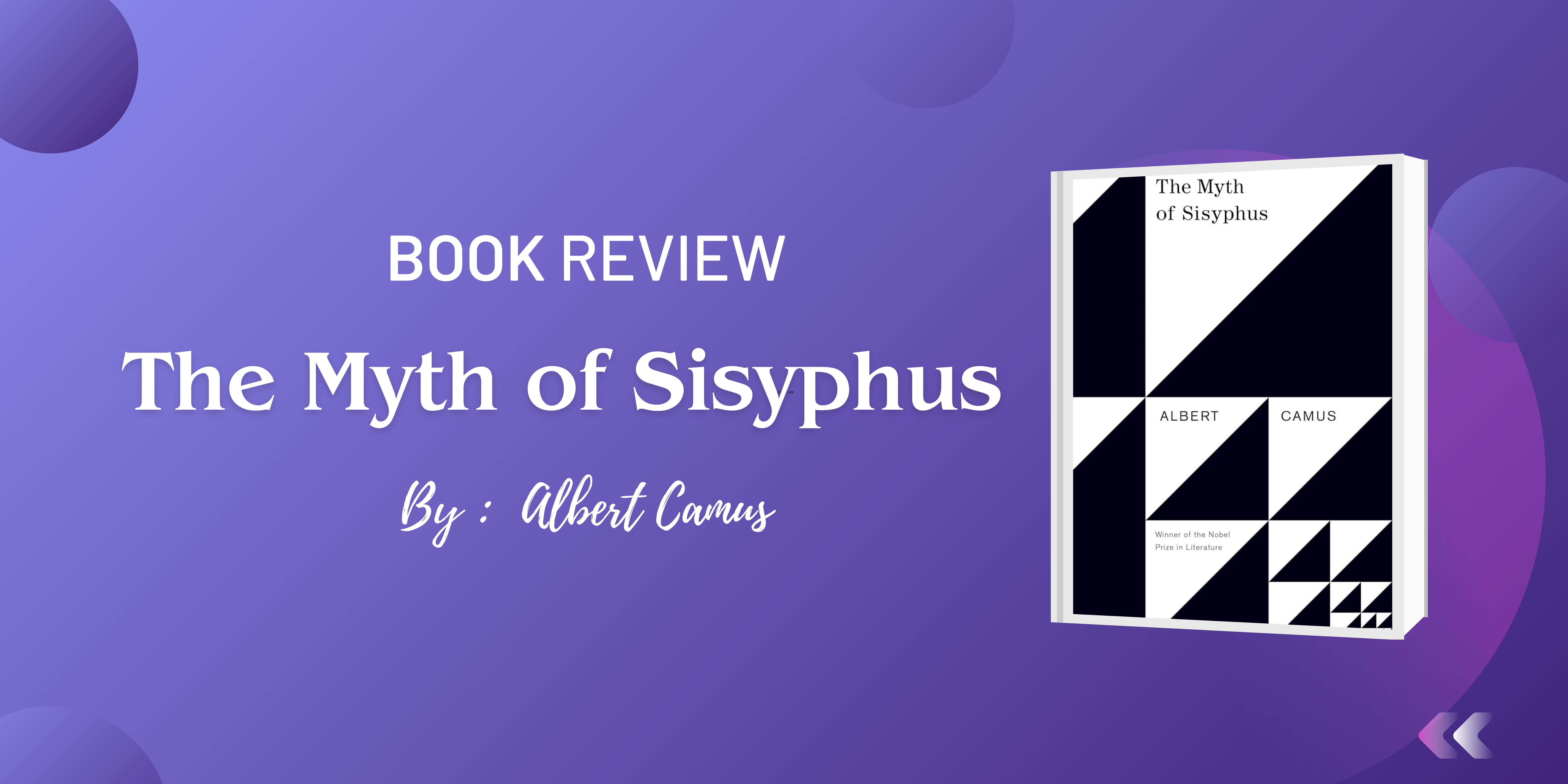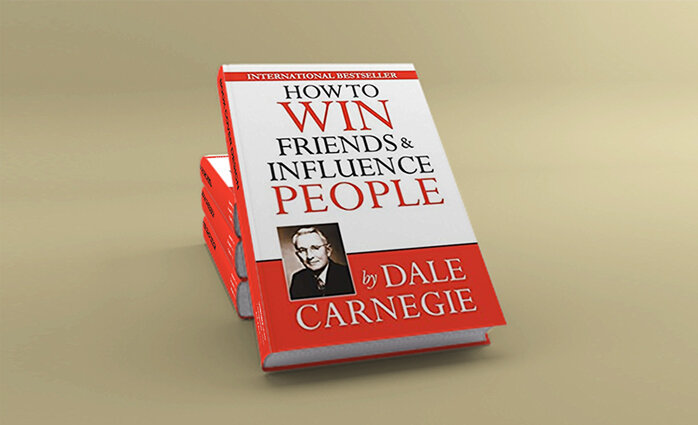
“How do you cause people to believe in an imagined order such as Christianity, democracy or capitalism? First, you never admit that the order is imagined.”
If you’ve been thinking about picking up “Sapiens,” let’s explore why it’s worth your time. Beyond its surface, Yuval Noah Harari’s “Sapiens: A Brief History of Humankind” takes readers on a deep dive into humanity’s origins, evolution, and the powerful forces that have influenced our collective destiny.
At its core, “Sapiens” challenges us to reconsider the very essence of what it means to be human. Harari argues that our species’ dominance on the planet stems not solely from physical prowess, but from our unparalleled capacity for collective imagination. This bold premise prompts us to rethink conventional narratives about human history and confront the power of our shared beliefs and myths.
Harari’s narrative draws upon insights from biology, anthropology, and philosophy, offering readers a multidimensional view of humanity’s journey. Central to his exploration is the concept of intersubjective myths—shared beliefs and narratives that bind societies together and shape collective behavior. From the emergence of gods and nations to the invention of money and human rights, these myths play a profound role in shaping human societies, prompting us to reflect on the power of our collective beliefs.
A key highlight of “Sapiens” is the Cognitive Revolution—an epochal moment in human history marked by the emergence of language and imagination. This transformative leap enabled our ancestors to communicate and collaborate in new ways, paving the way for the creation of shared fictions that facilitated cooperation on a massive scale. Harari’s exploration of this revolution invites us to ponder the origins of human culture and the role of imagination in shaping our species’ destiny.
But what about the theories surrounding the emergence of Homo sapiens? Harari presents two compelling theories: the Interbreeding Theory and the Replacement Theory. The Interbreeding Theory suggests that Homo sapiens began mating with other species of humans, such as Neanderthals, leading to the gradual merging of these populations. On the other hand, the Replacement Theory proposes that Homo sapiens, with their superior skills and technology, outcompeted and displaced other human species. These theories offer fascinating insights into the complex interplay of biology and culture that shaped our species’ evolution.

Beyond its historical insights, “Sapiens” prompts readers to contemplate existential questions about human happiness and the trajectory of our species. Harari challenges us to reconsider conventional notions of success, urging us to reflect on what truly brings meaning and fulfillment to our lives. It’s a profound invitation to reevaluate our priorities and consider the broader implications of our collective choices.
In conclusion, “Sapiens: A Brief History of Humankind” is more than just a history book—it’s a testament to the essence of humanity itself. Harari’s exploration of collective imagination, cognitive evolution, and existential questions invites us to question the history of human existence. So why should you make this book your next read? Because it offers a captivating exploration of our shared past, present, and future, challenging us to think about our understanding of the human experience.

Sapiens
A Brief History of HumankindYuval Noah Harari Future 2011
Available in: | |
For those seeking further insights and summaries of impactful books like “Sapiens,” consider joining the Wizdom app today. With Wizdom, you can access curated summaries and insights of thought-provoking literature, allowing you to deepen your understanding of complex ideas. Join Wizdom today and embark on a journey of self growth.










